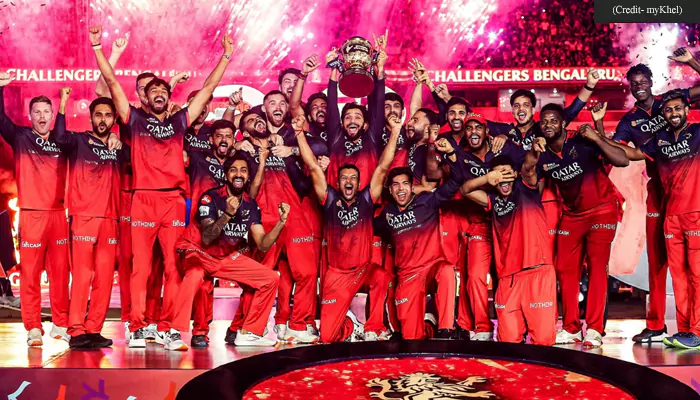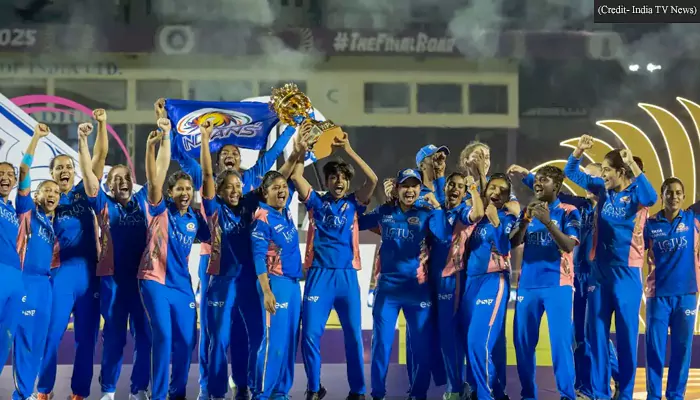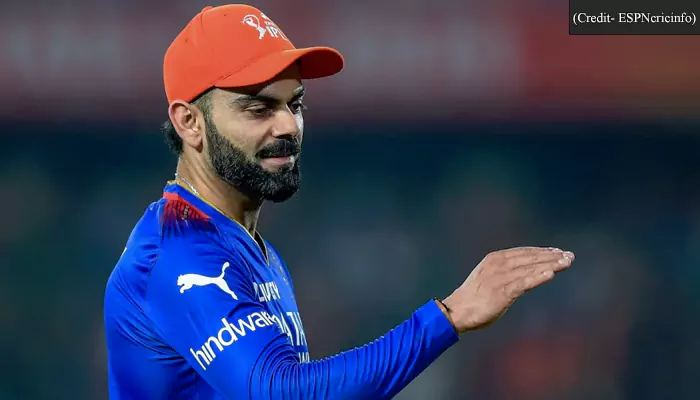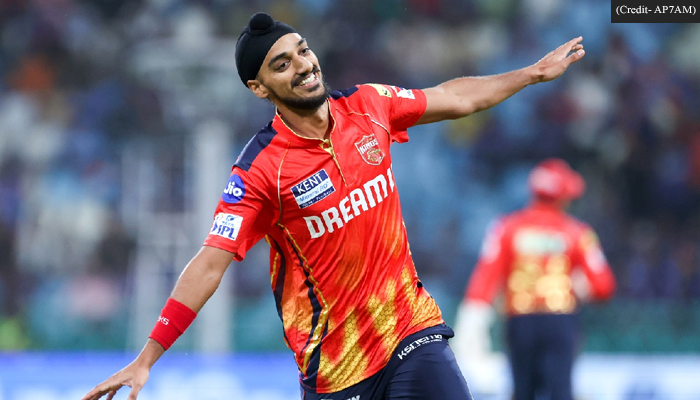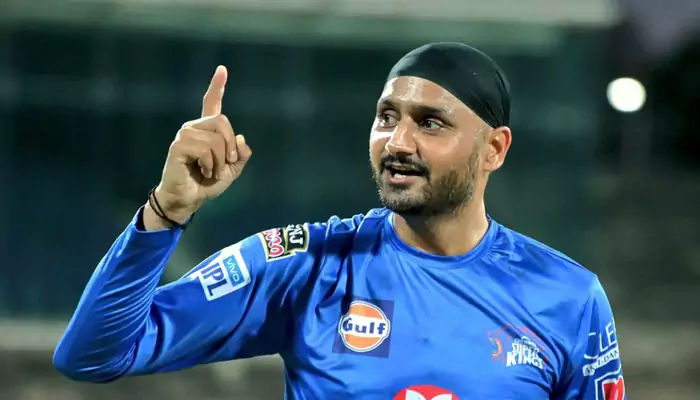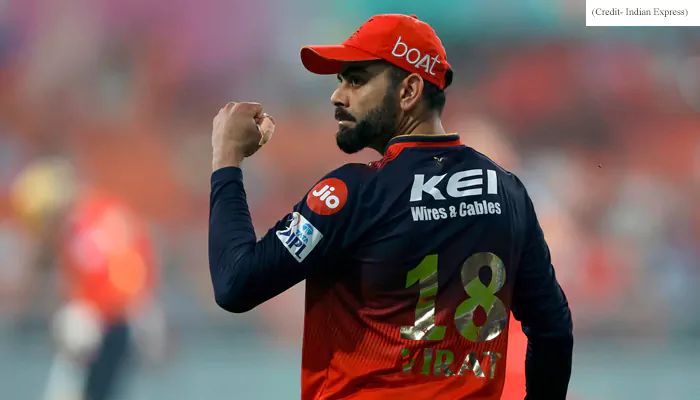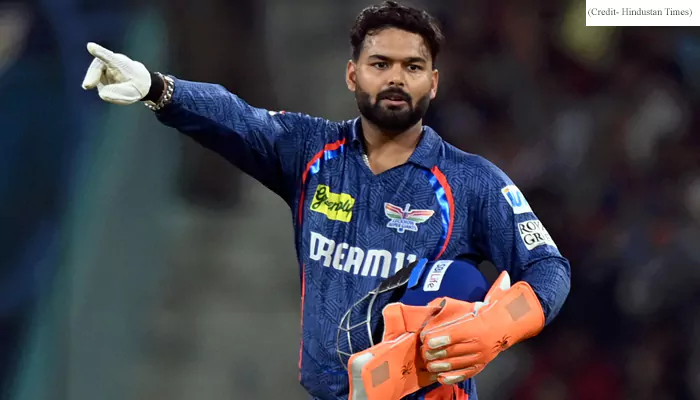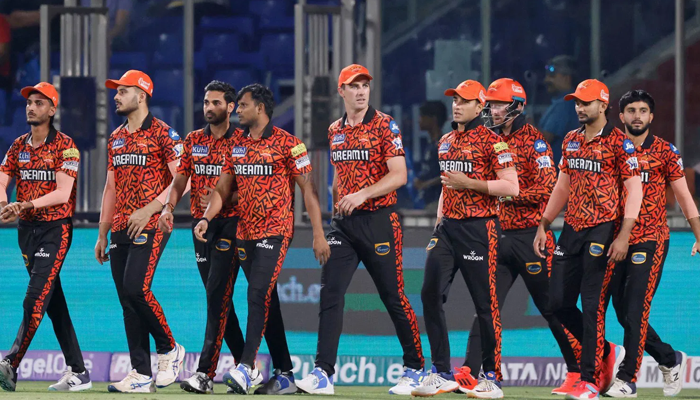On This Day (July 14): A Fourth Star on the Jersey, Germany Lifts the FIFA WC Trophy
- Rohit Chatterjee
- 6 months ago
- 3 minutes read
 A Fourth Star on the Jersey, Germany Lifts the FIFA WC Trophy.webp)
It was as if Lionel Messi and Argentine were destined for a defeat in the last decade
People often say there is a time for everything. When the correct time arrives, everything falls into the perfect place. The tale of the German and Argentina football teams tells us the same. 10 years ago, on this day, Argentina, Lionel Messi and millions of Messi fans were left with soggy eyes when Germany struck a late goal to lift the FIFA World Cup 2014.
A chaotic finale
Argentina had reached the finale, winning their last five games whereas Germany had entered with four wins and one draw. The finale was set for the two giants to lock horns but instead, it turn out to be an affair of poor finesse.
After all, in the first half, Gonzalo Higuain wasted Argentina’s best chance of putting themselves forward, and on the other hand, Germany defender Benedikt Howedes hit the pole with the head, a strike that should’ve hit the net.
Expectations were high from Lionel Messi, but the Atomic Flea had subdued. Indeed, he displayed a few flashes of godly talent, but they were nowhere near the artistry of the late Maradona, who had led his nation in the finale to win a trophy.
Germany, too, was not on their feet as it had always been with European nations on South American soil. At the iconic Maracana in front of nearly 58,000 fans, the teams tussled but looked clueless to find a definite answer.
Almost the entire game, Argentina had zero shots on target whereas nine went off the target. The team also had only 36 per cent of possession – in short, Argentina’s struggle was evident whereas Germany was unable to finish despite having four shots on the target.
Then arrived the 113th minute of the game when a 22-year-old Mario Gotze did the impossible. A fine pass by Andre Schurrle saw Gotze sweeping a goal using his left foot, merely seven minutes away from the penalty shootout. There it was, a World Cup-winning goal for Germany by a 22-year-old who made his professional debut in 2009 for Borussia Dortmund.

A picture of the winning side with the trophy // Picture Courtesy - Culturedarm
Germany became the first European nation to lift the FIFA World Cup in the Americas. They defeated Argentina in the finale just like they did 28 years ago (count back from 2014) in Rome to lift the title.
The 2014 World Cup-winning team also gave the world a number of new football stars such as Toni Kroos, Manuel Neuer, Mesut Ozil, Mats Hummels, Thomas Mueller and even Sami Khedhira.
Last ten years
As mentioned in the first paragraph, when the correct time arrives, everything falls into the perfect place. Following the 2014 victory, despite having a star-filled team, the Germans fell, recording poor results in the Euro and World Cup. In the last ten years, the team has not won another major trophy.

Lionel Messi holding the FIFA World Cup trophy // Picture Courtesy - Newsweek
On the other hand, Lionel Messi and Argentina also saw significant defeats, losing two Copa America finals in 2015 and 2016 and could not even win the FIFA World Cup 2018. However, with the start of new decade, Argentina won the Copa America in 2021, the FIFA World Cup in 2022 and even the Finalissima – as if it was all written in the stars.


